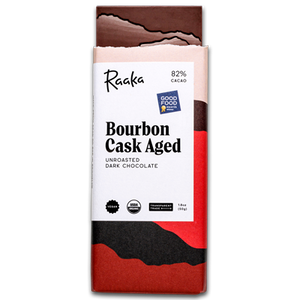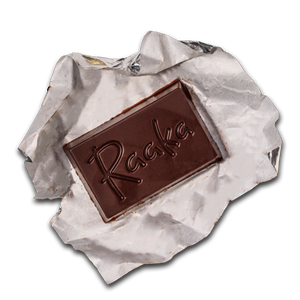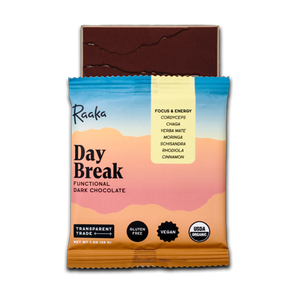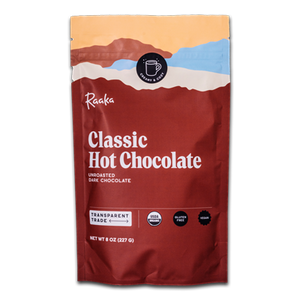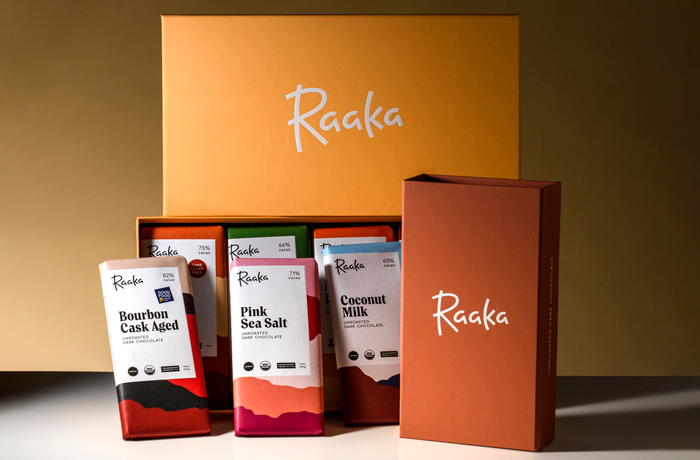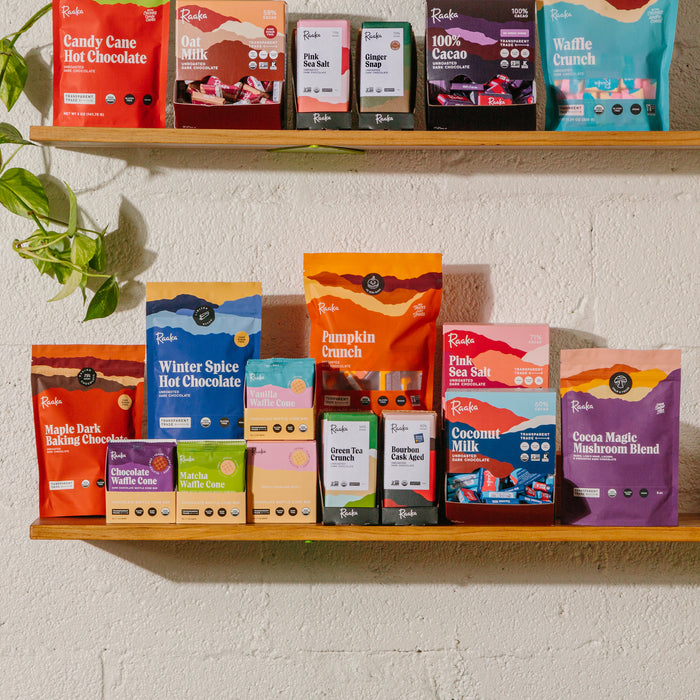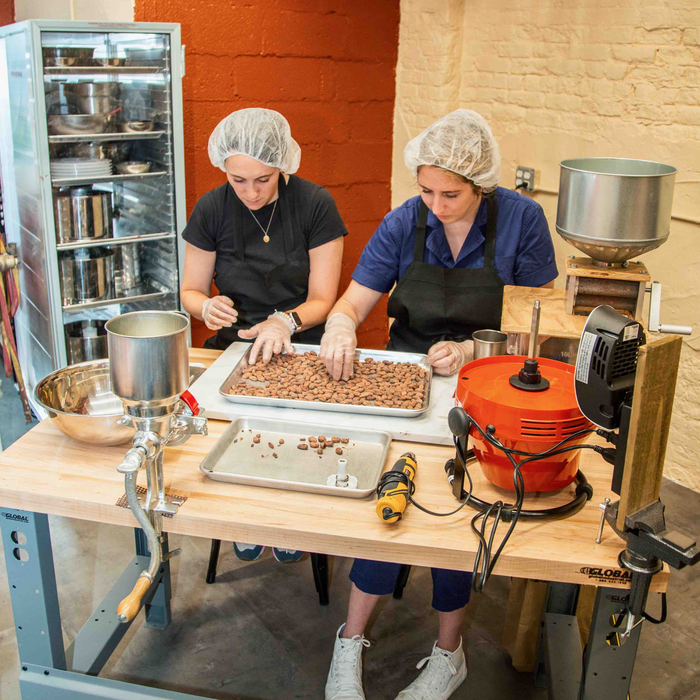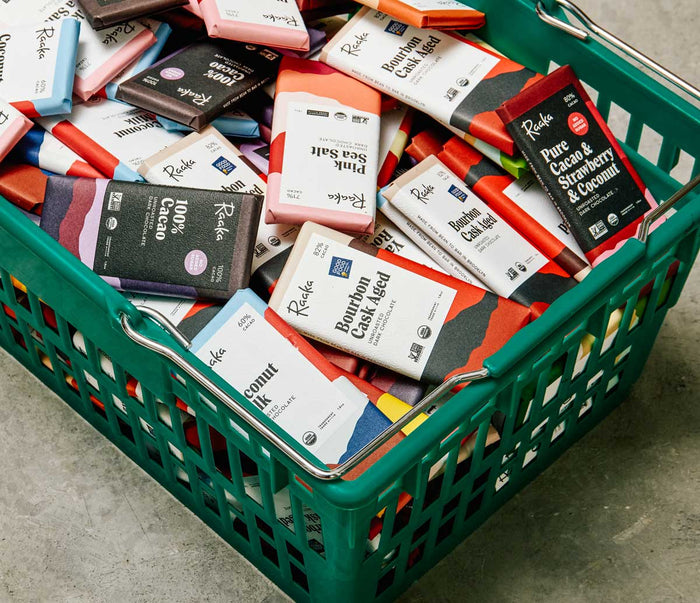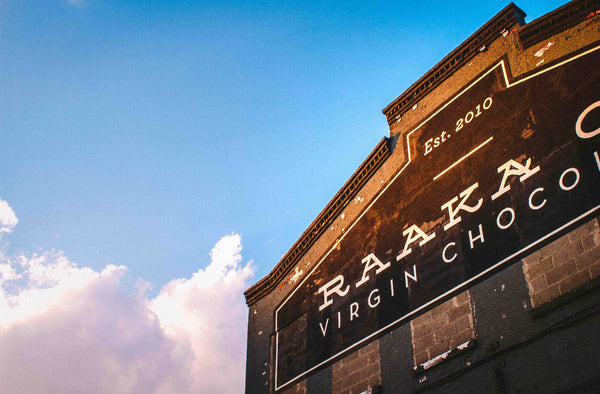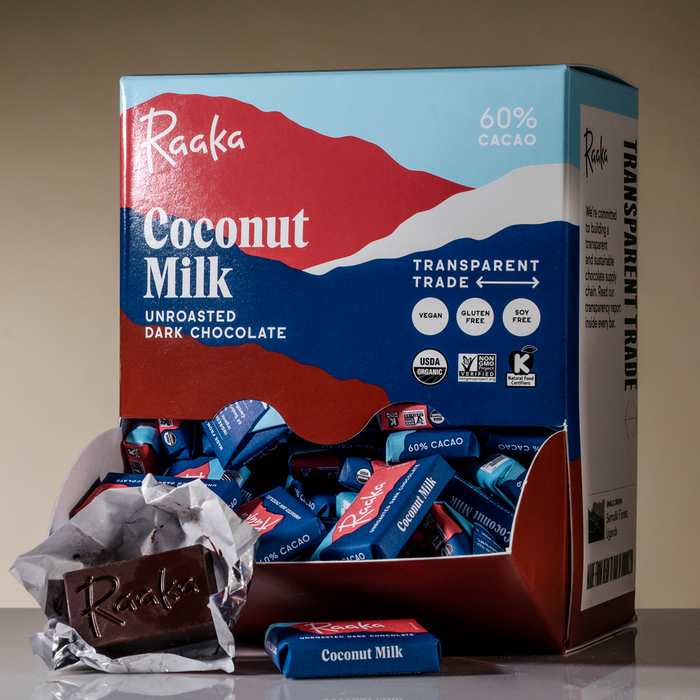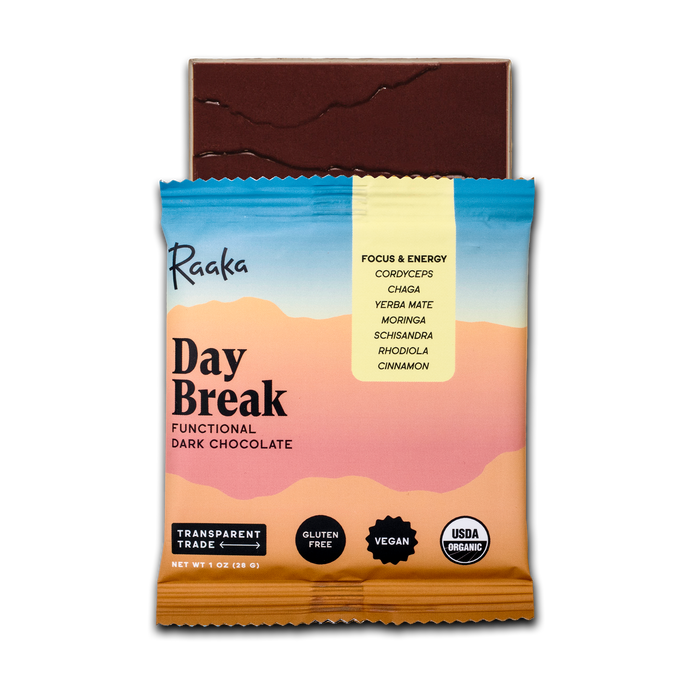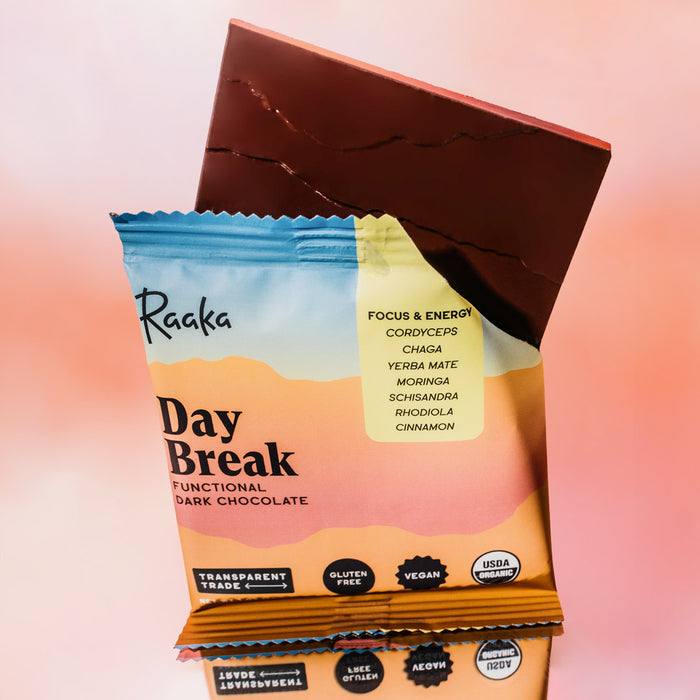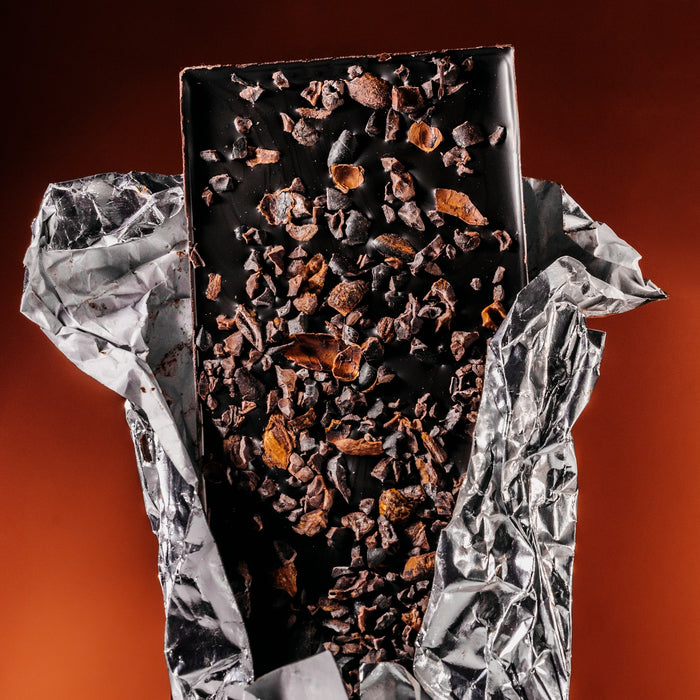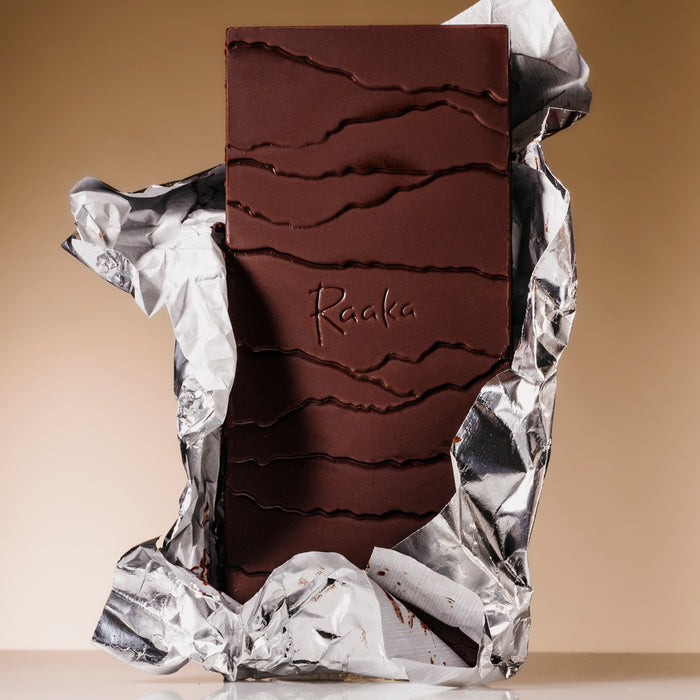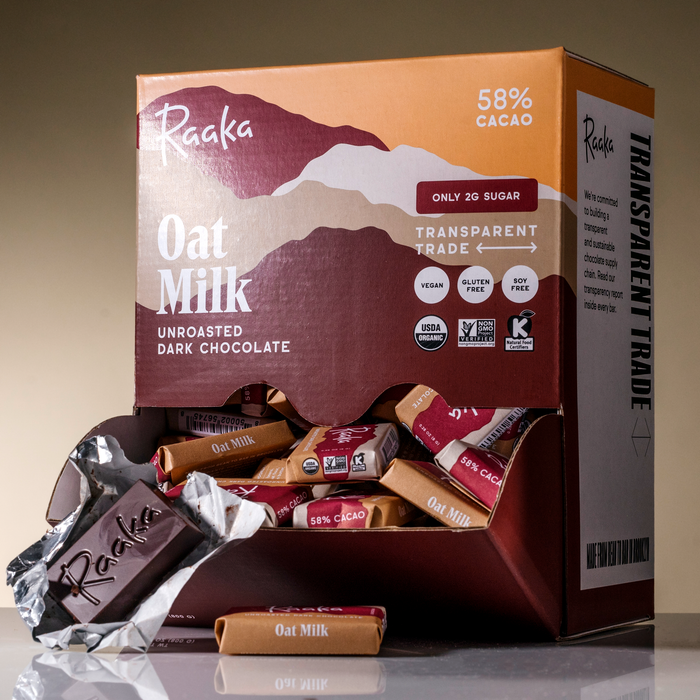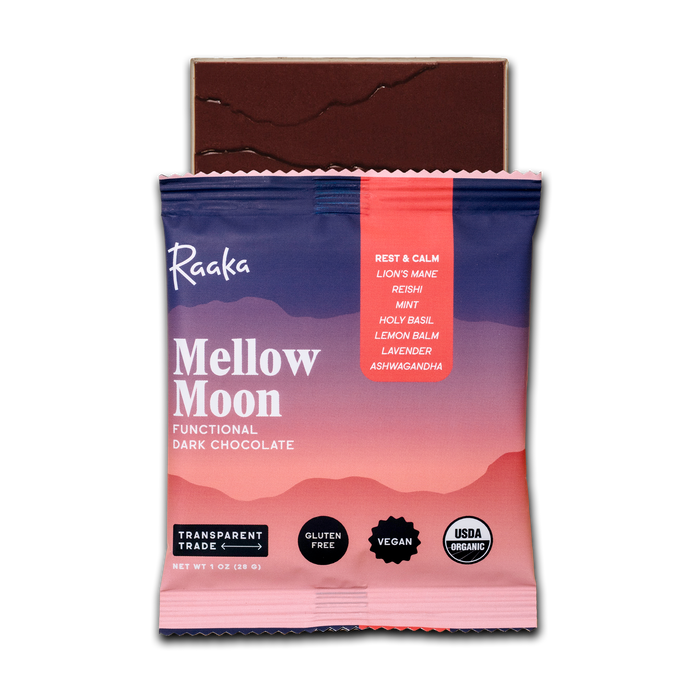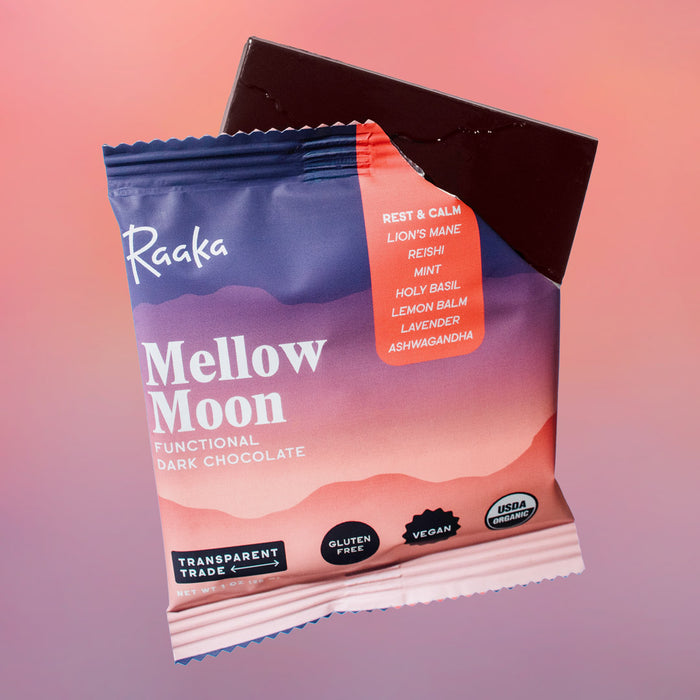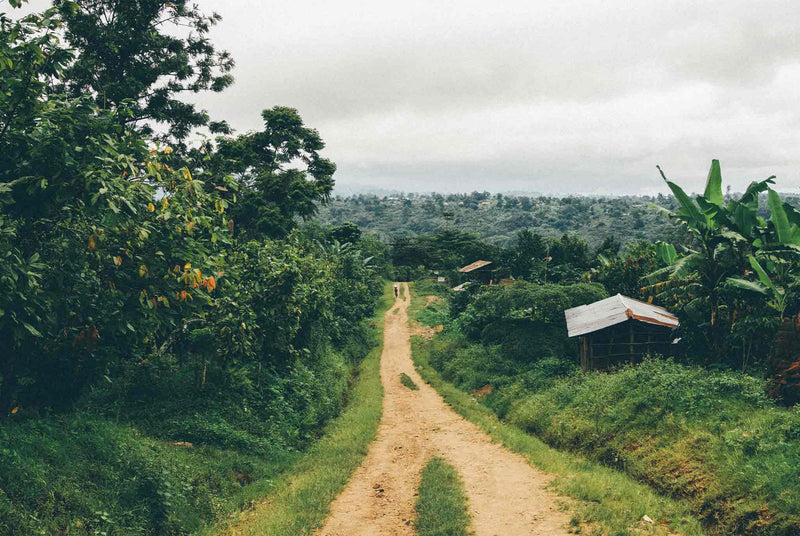Semuliki Forest, Uganda
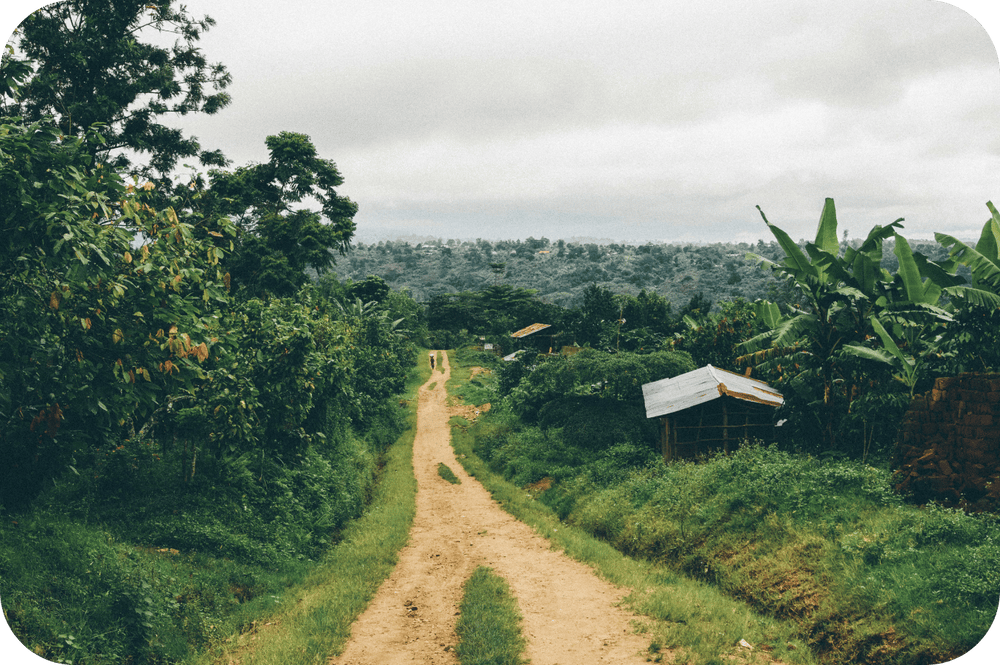
When we started making craft chocolate in 2010, Uganda was not a cacao origin most small-batch makers - including us - had on their radar. As is often the case, this had little to do with the incredible flavor of cacao produced by farmers in Uganda and everything to do with market access. Up until 2017, cacao farmers in the Bundibugyo District in Western Uganda were selling cacao to buyers who exported it through commodity markets, which meant the prices they received for their beans were low and subsequently so was the quality of the exported material. That changed in 2017, when Jeff Steinberg saw an opportunity to build a market for quality Ugandan cocoa and founded Latitude Trade Co.
Latitude’s mission is straightforward: sustainably put cash into the pockets of thousands of rural Ugandan farmers every day. The word sustainable is key; in order for their mission to work, a long-term, durable market between farmers, cacao buyers, and chocolate makers needed to be established. What’s most exciting, unique, and inspiring about Latitude is the strategy they employed to build that market. Not only has Latitude connected Ugandan farmers with craft chocolate makers, but they’ve also set up their own bean-to-bar chocolate factory in order to own the full flavor potential of their beans, a step that’s still rare at origin. In just a few years, Latitude went from a three-person team to a Certified B Corp run by 25 full-time Ugandan staff with a fermentary, an export operation, a chocolate factory, and a retail shop stocked with their own chocolate bars. Most importantly, they’ve grown from buying cacao from a few hundred farmers to around over 1000 paying up to 30% more in premiums than other buyers in the region. They can also proudly state that over 50% of their contracted farmers are women.
Shop Semuliki Forest Chocolate
To say none of this was easy is an understatement. The Bundibugyo District is sandwiched between the Ruwenzori Mountains, the Congo border and the Semuliki National Forest, making physical access difficult. Bundibugyo farmers typically have 1-3 acre plots and grow a starchy highland banana called matoke, beans, and cassava as nutritional crops, while cacao, coffee, and more recently cardamom and vanilla are grown as cash crops. Before Latitude began working with farmers in the region, buyers were not focused on quality; cacao exported from the region was not traceable, averaged about 5% mold and fluctuated greatly in price. To change the focus, Latitude set up collection points just walking distance from farms, allowing farmers to sell their cacao on harvest days and get paid cash on delivery. These collection points now operate on a bi-weekly basis, saving farmers transportation and labor costs as well as creating transparency and traceability. Every farm is GPS mapped, every purchase is electronically registered, and every transaction digitally recorded. This is transparency right down to the bean itself. The focus on quality not only means higher prices paid to farmers, but it also alleviates some of the pressures that the quantity-focused market puts on the limited space in the region.
A real game-changer is Latitude’s micro-loan program. In 2020, they partnered with a bank in the Netherlands to provide farmers with access to cash with “no strings attached”. This allows farmers to invest and spend their money based on what they know is best for their farms and their families. These loans are given to farmers during the off season, and farmers repay them after harvest. Additionally, Latitude provides financial literacy training to those who need it.

Latitude Craft Chocolate opened their chocolate factory in Kampala, Uganda’s capital, in 2020. Like us, they make everything from scratch but focus solely on Ugandan cacao. This in and of itself is revolutionary. It is still extremely rare for cacao growing regions to vertically integrate their supply chain and produce their own chocolate. For the majority of chocolate’s history, “value-added” wealth generated from the supply chain concentrated in consuming countries. By opening a chocolate factory, Latitude has created more jobs and provided farmers in the region with the opportunity to taste how the quality of their beans affects the quality of chocolate, something very few cacao-growing regions do.
The future is bright for Latitude. Beyond cacao, they’ve been working with farmers to plant more shade crops like cardamom and vanilla, which fetch high premiums on the speciality market. We’re beyond proud to call them a partner. You can taste their delicious beans in some of our best selling bars, like Oat Milk and Coconut Milk, as well as our Vanilla and Chocolate Waffle Cone bars.
